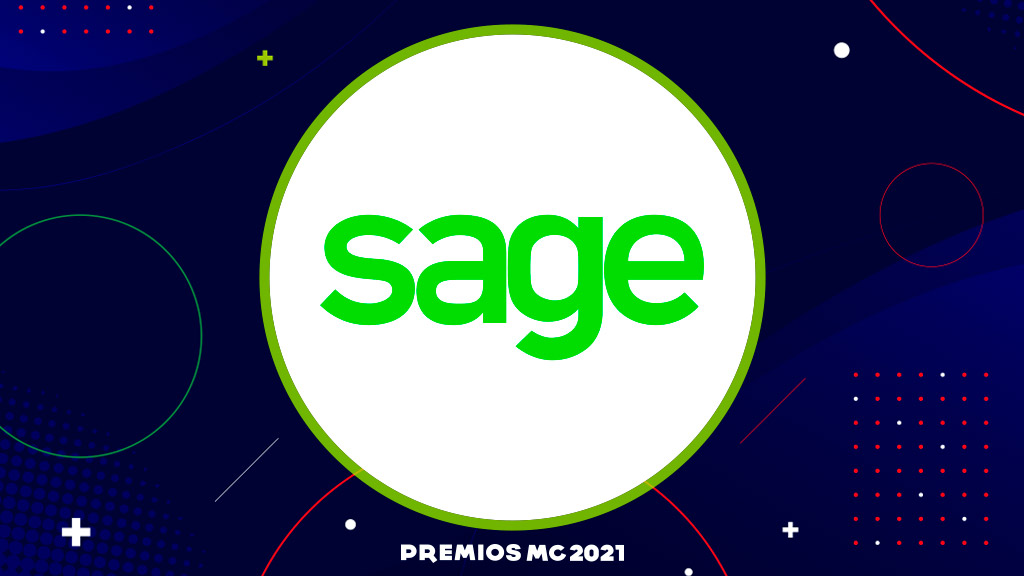
The financing access platform, tufinanziacion.com, recently presented the first report on corporate public financing, in which it calculates that the level of execution of the subsidies that were summoned last year to companies and freelancers in Spain is between 37.2% and 45.9%, as they are pending resolution. Although he warns that other sources offer lower run figures, between 19.4% and 34.5%. Likewise, it estimates that almost one in five companies has not obtained any of the aid it requested in 2021.
According to the report, this relatively low degree of execution This is fundamentally due to the scarcity and complexity of the information on the calls, the incorporation of very demanding requirements and little adapted to the real situation of the productive fabric, the inclusion of deadlines too short and excessive bureaucratic burden. All this excessively complicates the access of companies to public sources of financing, just one year after the implementation of the Recovery, Transformation and Resilience Plan (PRTR) by the Government.
In this sense, 60% of the entrepreneurs consulted affirm that “not much information available” and 70% consider bureaucracy “an impediment” to access public aid. Regarding the calls, 80% indicate that the information “it is not clear enough”; 79%, that the processing of applications is usually “messy and complicated”; and 74%, that “they take a long time to resolve”. Furthermore, 65% believe that the AIDS “they are not well oriented to the real needs of companies”.
For Francisco Estevan, CEO of tufinanziacion.com, “the aid system in Spain needs a profound renovation to gain efficiency. There has been no innovation since our entry into the EU 40 years ago, and, to this day, a large majority of calls continue to be published by inertia. We have analyzed 2,134 calls for aid to companies for a total amount of 40,000 million euros. We still have a lot to do; It is necessary to make the information and management mechanisms more efficient through technology, but the most important thing is to improve the design of the calls to adapt them to the needs of the productive fabric and measure the impact that these aids really have”.
Ignorance of the Next Generation EU Funds
Regarding the aid for companies financed by the Next Generation EU Funds, the aid package approved in 2021 by the European Union, 70% of entrepreneurs declare that they have a “low or very low” level of information about them, despite that 84% are interested in obtaining some kind of help from them. The tufinanzaicion.com study points out that “it is necessary to simplify the calls, extend the deadlines for presenting the projects and reconsider the high rates of co-financing that are required of some sectors where micro-enterprises are the majority”.
Likewise, it is estimated that during 2022 private companies will receive 45% more of these funds, compared to the previous year. In this sense, the CEO of tufinanziacion.com points out that throughout this year “NextGen funds for companies will be multiplied by fiveuntil reaching 17,000 million euros”.
Another problem pointed out in the report is the scarcity of available resources in the Spanish productive fabric to apply for public aid. While in countries like Germany or France the companies have specialized resources, in Spain it is almost always the same companies that request the funds. In addition, 64% of the companies consulted claim to use a single source to find out about the calls. The most common is to address the media, and public administrations are only used by 15% of companies. The study indicates that the Administration “does not have powerful contact channels with companies” and that the effort they make to make the calls understandable is scarce.
In 2022, the volume of requests by companies could double
Faced with the presumed arrival of a new recession, aggravated by the increase in private financing costs, public aid is expected to be essential for the Spanish economy: this is what 85% of companies consider. According to the study, this year it is expected that 95% of companies will apply for public aid; an estimate that would practically double the demand compared to 2021, which stood at 47%. Given this scenario, 60% of companies consider that subsidies are of vital importance for the transformation of their activity and the modernization of their structures.
In 2021, for the first time in history, and mainly due to the impact of COVID aid, the threshold of 1.5 million companies that accessed aida figure that is expected to be reduced in 2022 despite the fact that the volume of aid and the size of the projects are expected to be greater.
Regarding the total volume of funding requested, for the first time in history, SMEs concentrated almost 90% of the funds in 2021, to the detriment of large companies, which had been obtaining almost 40% of the funds historically. The pandemic has been, without a doubt, one of the key factors that have reconfigured the public aid map in our country.
Although 2021, in which a total of 45,917 million euros were granted in the form of all kinds of aid, public loans and subsidies, was the year of the public sector, it is expected that this 2022 will be that of companies and that the majority of the calls focus on issues related to industrial modernizationdigitization, innovation, energy efficiency and sustainability.
The requested aid that aroused the most interest in 2021 were those that allowed companies to have greater liquidity and working capital (34%), pay and hire staff (25%) and refinance or cancel debts (20%). However, in 2022 there has been a significant change in priorities for companies, which now request above all to obtain funds for digitization and innovation, a priority for 44% of the companies that will request public aid in 2022.



